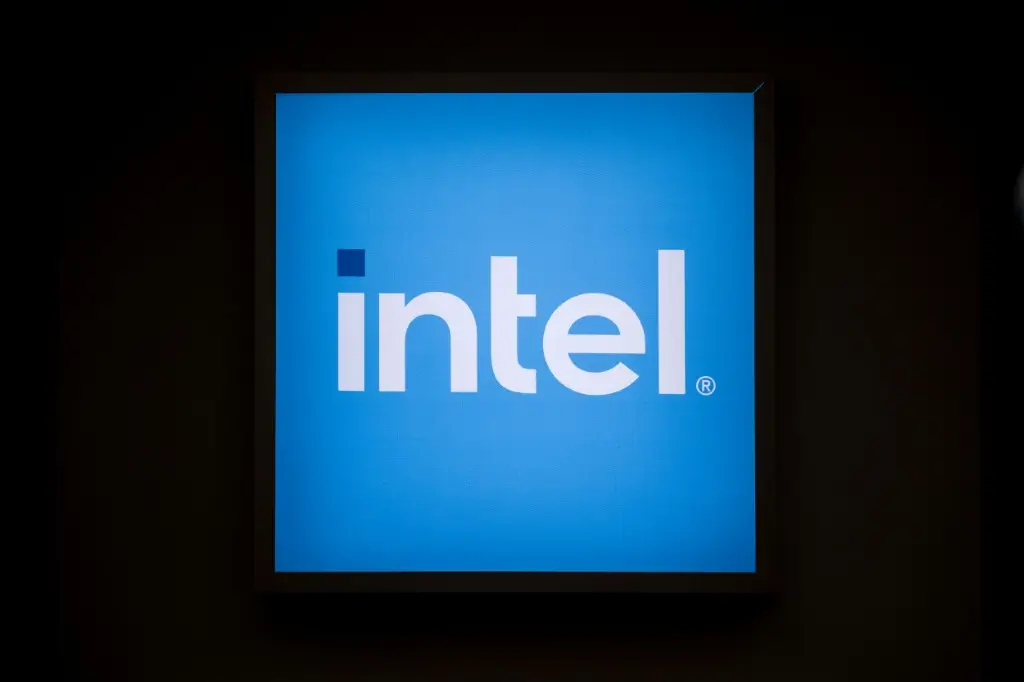
In a significant blow to regional and national industrial policy, U.S. chip giant Intel has officially cancelled its plans to build a state-of-the-art semiconductor factory in Magdeburg, Germany. The move comes as part of Intel's global strategic shift, driven by deepening financial losses and internal restructuring efforts.
Germany’s powerful trade union, IG Metall, responded swiftly to the announcement. Thorsten Gröger, district manager, emphasized that this development should not cast doubt on Saxony-Anhalt’s long-term industrial potential.
“From available land and excellent transport links to a skilled workforce, Saxony-Anhalt has laid important groundwork for industrial growth,” Gröger noted. He stressed the importance of political commitment to maintaining industrial value creation in the region and encouraged continued efforts to attract new investments.
Intel’s decision to cancel its investment in Magdeburg coincides with its withdrawal from another planned facility in Poland. Gröger pointed out that these cancellations are less about regional suitability and more indicative of a broader corporate restructuring.
“This is a global strategic realignment, not a traditional location-based decision,” he said. With billions in new losses and tightened cost-cutting measures, Intel is pausing its expansion efforts in Europe entirely.
Minister-President of Saxony-Anhalt, Reiner Haseloff, expressed his disappointment, calling the day “painful” for the state. However, he also emphasized the value of having clarity after months of uncertainty.
“The development of the high-tech park in Magdeburg will continue,” Haseloff assured. “We are already in discussions with other well-known technology firms.” Despite the setback, he reaffirmed that attracting high-tech companies remains a core focus for the region.
Haseloff also highlighted the wider implications of Intel’s retreat for Europe. He described it as a “severe setback for the European Chips Act,” a key EU initiative aimed at bolstering domestic semiconductor production.
Intel's decision underscores the fragile nature of investment commitments in today’s rapidly evolving tech landscape, where even longstanding plans can shift in response to market and technological pressures.
Intel has long been a leader in semiconductor technology, but recent years have brought increased competition. The company has lost market share in rapidly growing segments like smartphone processors and artificial intelligence (AI) chips. Taiwanese chipmaker TSMC and others have pulled ahead, leaving Intel to play catch-up.
These competitive challenges, along with repeated quarterly losses, have forced Intel to reassess its global expansion strategy, leading to the abandonment of both the Magdeburg and Poland projects.